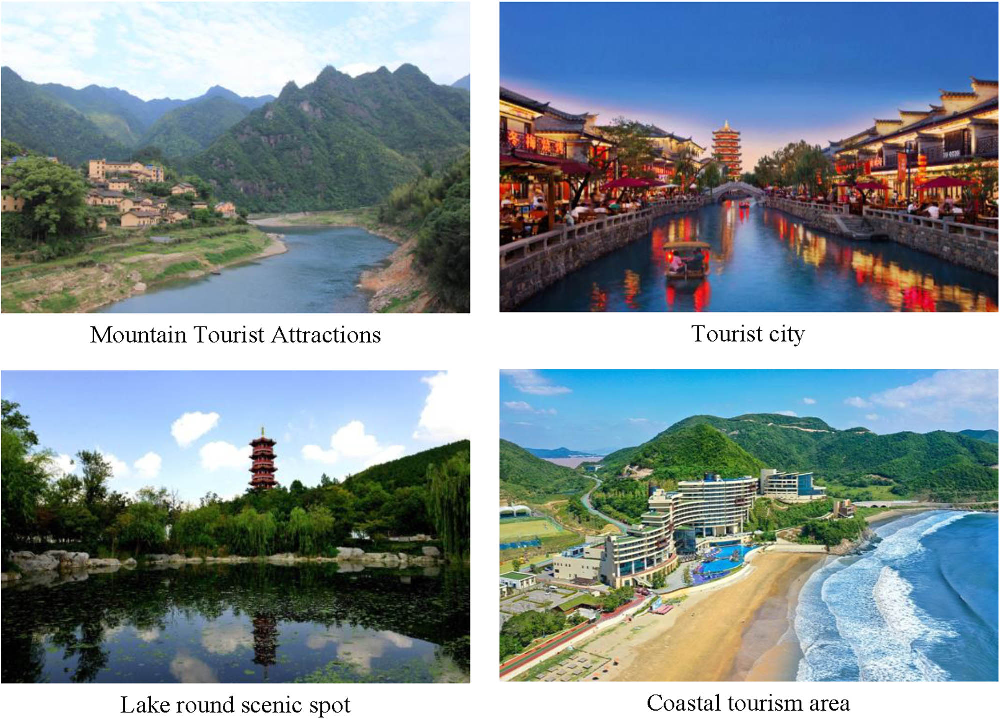
Eco-tourism is rapidly growing as travelers increasingly seek destinations that prioritize environmental conservation and sustainability. However, the growth of eco-tourism presents unique challenges, particularly when it comes to managing natural resources like water. Water is a vital resource for eco-tourism operations, whether for guest accommodations, landscaping, or recreational activities. To ensure the sustainability of both the environment and the eco-tourism business, implementing effective and sustainable water storage solutions is crucial. Here’s why eco-tourism projects need sustainable water storage solutions and how they can contribute to long-term success.
1. Preserving Natural Water Resources
Many eco-tourism destinations are situated in environmentally sensitive areas, such as forests, mountains, or coastal regions, where water resources may already be limited. Over-extraction of local water supplies can put additional pressure on these fragile ecosystems, affecting both the local wildlife and the surrounding communities. Sustainable water storage systems can alleviate this pressure by reducing the need for external water sources. Collecting and storing rainwater, for example, ensures that eco-tourism sites rely less on groundwater or municipal water supplies, helping preserve natural water resources in the area.
2. Promoting Water Efficiency
Eco-tourism is inherently linked to minimizing waste and conserving resources. Implementing sustainable water storage solutions is one of the most effective ways to promote water efficiency in eco-tourism operations. This reduces the demand for potable water and helps maintain a balance between the needs of the business and the surrounding ecosystem. Sustainable water storage solutions also support water recycling initiatives. In eco-tourism projects, water used in accommodations or for cleaning can be filtered and reused, further conserving water and lowering operational costs. These practices not only reduce the environmental impact of tourism but also showcase the commitment of eco-tourism operators to sustainable practices.
3. Supporting Local Communities
Sustainable water storage systems can also benefit the local communities surrounding eco-tourism projects. In many regions, water access can be limited, and eco-tourism operations often provide an additional source of water management expertise and infrastructure. By integrating rainwater harvesting systems or efficient water storage solutions, eco-tourism projects can share their resources with nearby communities in times of need. This collaborative approach to water management can help strengthen relationships between eco-tourism businesses and the local population, fostering goodwill and mutual support.
4. Enhancing Resilience to Climate Change
Climate change is expected to exacerbate water scarcity in many regions, with longer dry periods, irregular rainfall, and extreme weather events becoming more common. Eco-tourism projects in vulnerable areas need to be adaptable to these changing conditions. Sustainable water storage solutions, such as large-capacity rainwater tanks or underground reservoirs, enable eco-tourism businesses to store surplus water during wetter months, ensuring a reliable supply during droughts or dry seasons. This ability to buffer against climate-related water shortages can significantly enhance the resilience of eco-tourism operations and ensure continuity for guests, even during challenging conditions.
5. Enhancing the Eco-Tourism Experience
Tourists increasingly prioritize environmental sustainability when choosing their travel destinations. By implementing sustainable water storage solutions, eco-tourism operators can enhance their reputation as environmentally responsible businesses. Demonstrating a commitment to conservation, water management, and eco-friendly practices not only attracts eco-conscious travelers but also sets eco-tourism projects apart from other tourism models. This dedication to sustainability can enrich the overall guest experience, offering travelers a chance to connect with nature while minimizing their environmental footprint.
Conclusion
As eco-tourism continues to grow, the need for sustainable water storage solutions becomes more critical. These solutions help preserve natural water resources, promote water efficiency, support local communities, and increase the resilience of eco-tourism projects to climate change. Moreover, they offer significant financial benefits by reducing operational costs and improving the sustainability of the business. By prioritizing sustainable water storage, eco-tourism projects can ensure a greener, more responsible future for both the environment and the communities they serve.


